BROWSE COUNTRIES/ TERRITORIES
Who's Pinker Now?
As Singapore and Bangkok battle for a larger slice of the pink dollar pie, Russell Heng predict the winner.
This is a tale of two cities: Singapore aka the Lion City and Bangkok aka the City of Angels. Both are competing earnestly to be the region’s aviation and medical hubs. What is not known to many was a curious little episode, in which Singapore challenged Bangkok for the position as top Asian destination for gay tourists.
“How on earth is that possible?” you may ask. After all that little island state is so hung up on law and order, its government has even banned the sale of chewing gum. Where homosexuality is concerned, Singapore still follows 19th century anti-sodomy laws. Not that long ago, in the early 1990s, the Singapore police were rounding up gays for having “unnatural sex”, and a few gay Singaporeans have had their behinds whacked by the long cane of the law.
Nobody predicted that by the end of the 1990s, Singapore would be nurturing a funky where-it-is-all-happening image in the international media. Why? The hip quotient was needed to attract new investments and creative talent for a knowledge economy it desperately wants. A lively gay scene was part of that funky new image. In the gentrified nooks and crannies of the island’s Chinatown, people lost count of the number of gay bars, clubs, saunas, and massage parlours setting up shop. People also lost count of the number of gay theatrical performances, once proscribed by an uptight censorship regime. A nascent gay movement was talking back to the nanny state.
But what gave Singapore the biggest boost as gay hub wannabe was the huge Nation party, which took place on the country’s National Day. Launched in 2001 as an underground party, the event attracted some 8,000 people, many from outside Singapore, by its fourth incarnation in 2004, said its organizers. The Singapore Tourism Board was quietly supportive because apart from upping the hip quotient the country sought, there was also nothing wrong with Singapore tourism tapping into the global pink dollar. Bangkok, for all its anything-goes bars and sex-shows did not have a mega gay party of this scale. Nation in Singapore was touted to be Asia’s Mardi Gras – an annual parade/party held in Sydney that is an icon in the global gay community. Fridae.com, a regional Internet which organised nation as well as other regional gay events also operated out of Singapore.
The dreams of Singapore’s gay community soon evaporated when the government, in two minds about the funky image it craves for the country, pulled the carpet from under Nation’s feet this year.
The outcome: Nation is relocating to Phuket this November. In all likelihood, the party will be bigger and better in Thailand because “gay abandon” comes more readily to the Thais.
Mega parties aside, I have never had any illusion that Singapore would ever have the attractions which the Bangkok gay subculture offers the tourists.
In July, I went to a couple of clubs in Bangkok where strapping lads from the Thai provinces paraded in G-strings and then went on to do some hard core stuff on and off stage.
Whatever Thai female strippers can do with their ping pong balls and blowpipes, gay strippers can rival. And the guys were not just performing, they were also available in all forms – from menacing bodybuilder to doe-eyed waif – at a price. I am told many are not gay but Thai men have no hang ups about selling sex to either gender. The other reality is that the Bangkok sex industry is propelled by rural poverty.
In July, something else took place in Bangkok which confirmed its position as the undisputed gay hub of Asia. From July 7 to 9, the City of Angels hosted the First International Conference of Asian Queer Studies with the theme “Sexualities, Genders and Rights in Asia”. A conference like this would not raise eyebrows in a Western metropolis, but it does in an Asian one.
Bangkok may have the reputation as an anything goes fleshpot but Thai society is still traditional in some ways. Sex can be sold or indulged in liberally but not talked about publicly, especially not a “queer” variant of it and not on such a mammoth scale, goes a popular chant of the traditionalist choir.
But because Thailand is one of the few robust democracies in Asia, it is not surprising that a major tertiary institution, Mahidol University, stepped forward as host. With a shoestring budget, the organisers brought together at least 160 scholars/students/activists to deliver their research findings.
Over three days, the sheer range and number of papers presented meant that they had to be held across seven parallel panels. Here was a Muslim transsexual ex-sex worker ticking off academics for not doing their research work properly. There was an international panel of specialists talking about the issue of legal rights for gay people across different Asian cultures. For three days, Bangkok was not just a hub for gay people and their libidos, it was an intellectual hub too.
In the post-conference euphoria, a sober question remains: Where will the second conference take place?
Somebody suggested Singapore. Singapore has hosted a great many international conferences, so the organisational skills are honed. Its hotel/convention facilities are first class. But I doubt if any of its academic institutions would dare step forward like Mahidol did. Quite apart from giving more inviting sleaze, the City of Angels also has far more intellectual courage than the Lion City.
So is Asia’s gay hub in the lion’s claws or on the wings of angels? No prize for guessing correctly.
Login or Register
Dr Russell Heng ([email protected]) is a Singapore-based academic. Besides researching the politics of marginalized groups, he is also an activist for the rights of homosexuals and foreign workers. Prior to his academic career, he has been civil servant, journalist and occasional playwright. His three plays have been produced by TheatreWorks, one of Singapore's major theatre companies.
- Asian Dynasties and History
- Conservation of the Environment
- Definition: Culture
- Economy and Economics
- Food and Recipe
- Geopolitics and Strategic Relations
- Health and Body
- Of Government and Politics
- Religion and Practices
- Social Injustices and Poverty Report
- Society, Class and Division
- Unrest, Conflicts and Wars








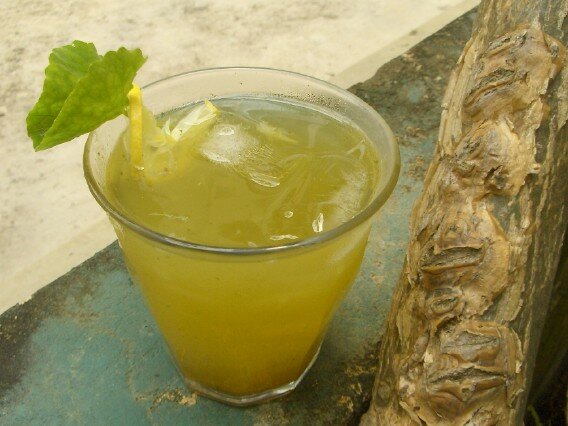





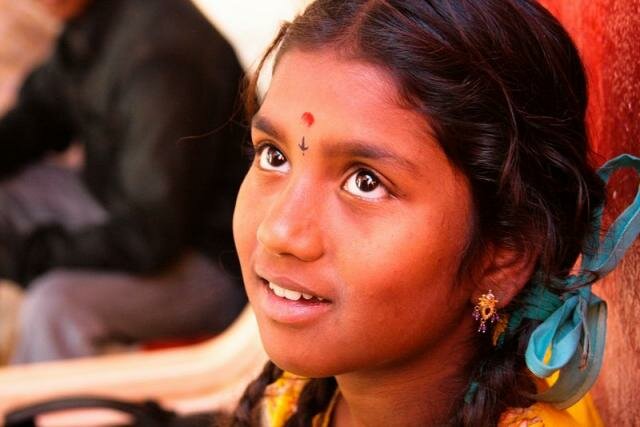
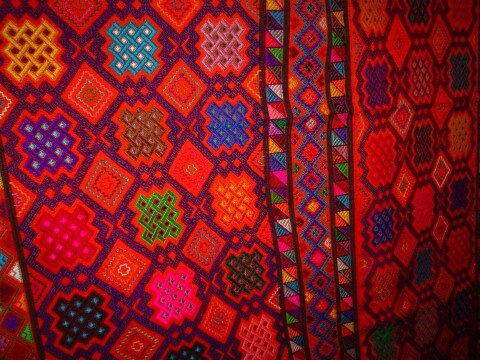

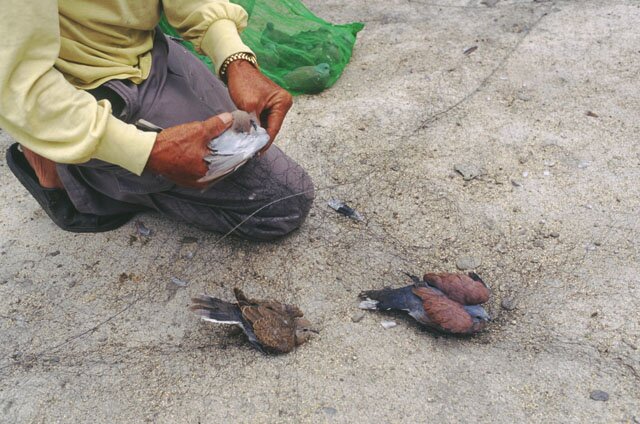







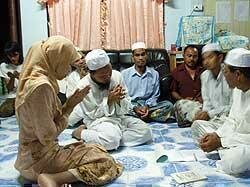







 Another Point
Another Point From Jerusalem to the West Bank
From Jerusalem to the West Bank
Comments
Post new comment